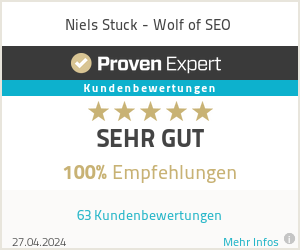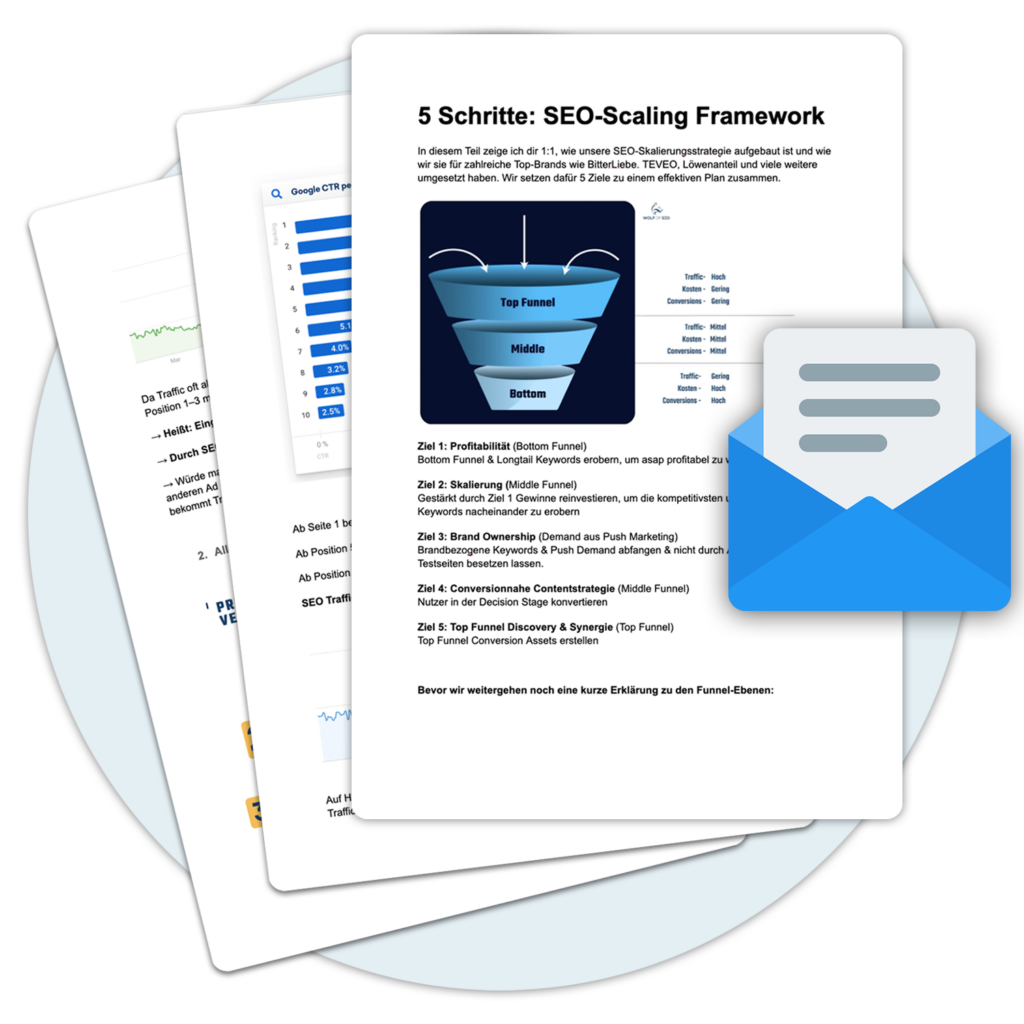Phrase match is an option for matching keywords used by Google Ads, formerly known as Google AdWords. In this tutorial you will learn:
- How phrase matching works.
- Why phrase match is important for you and your PPC campaign.
- And how to best use the phrase match option.
What is Phrase Match?
The phrase match is a Keyword-matching option, where Google matches your ad only with keywords that contain a phrase you specify. Google defines the phrase matching option as follows:
Phrase match - If you want to use your Keyword in quotes, such as "tennis shoes," your ad may appear when a user searches for the phrase "tennis shoes," in that order, and possibly with other terms before or after the phrase. For example, your ad might appear when searching for red tennis shoes, but not when searching for tennis shoes, tennis shoes, or tennis sneakers. Phrase match is more targeted than broad match, but more flexible than exact match.
Based on the tennis shoe analogy above, creating a phrase match for "tennis shoes" would result in the following potential matches:
Queries where my ad appears:
- Tennis shoes
- best tennis shoes
- Tennis shoes for sale
Queries where my ad is not displayed:
- shoes tennis
- Tennis shoe
- Tennis sneakers
Important update for the Phrase Match Type
Note: In 2014, Google introduced "close variants". With this change, your ads can be displayed on Keyword-Google can match search terms that don't exactly match your defined phrase. For example, Google may change the order of words in the phrase or include a plural or synonym if it considers the search in question to be close enough to your phrase.
Why is all this so important?
Because Google's broad match and extended broad match are sometimes too broad, and at the same time the exact match option is somewhat limiting.
With the broad match, your ads will show up for all types of search queries. Let's take a look at some of the search queries that the Keyword-Research tool from Google considered "related" to this term:
Any of these keywords could be considered irrelevant to my Landing Page about tennis shoes can be considered.
I certainly don't want people searching for shoes or specifically "basketball shoes" to be directed to a page about my tennis shoes!
Why use phrase match instead of exact match?
With the exact match, your ad will only show for the phrase "tennis shoes". But if I only match on "tennis shoes", I miss a lot of Traffic. Indeed, I cut off what is known as the "long tail of the search".
I will not see search terms like:
- Buy tennis shoes
- best tennis shoes
- nike tennis shoes
These are great phrases! "Buy tennis shoes" might be one of my most conversion-friendly terms! And phrase matching is certainly a more efficient way to address all these different variations than trying to think them all up and type them in by hand (there could be thousands or even millions of useful variations).
So I should only use Phrase Match, right?
Not quite. With phrase matching, you are still a victim of the same shortcomings you experienced with broad and exact matching:
Pay for bad clicks - My ad can still match all kinds of bad keywords. If I sell high quality tennis shoes, my ad may be displayed with "cheap tennis shoes" or "tennis shoes that are not very good" or other keywords that I don't want displayed.
Missed Traffic-Opportunities - Although phrase match is better than exact match, I still miss a lot of great Traffic: I don't have an ad for "tennis shoes", "buy tennis shoes" or other searches that make sense for me and my business.
An alternative to phrase match: keyword discovery and negative keywords
So what is the answer? How should I proceed?
Well, actually, I want to find all the different variations that I should bid on, while making sure that I'm not building on things that don't make sense for my bid.
The answer to that is a set of tools that allow me to do that:
Keep the broad match - This way I can discover new variations of the keywords I'm bidding on. In fact, it should be possible for me to find all these variations with a Web analytics-part so that I can bid on more specific keywords and be more relevant (which increases my Quality Score and click-through rates).
Discover options for negative keywords - With the negative keyword match option, I can prevent my ad from showing up for different searches. This is a powerful weapon against the kind of irrelevant Traffic, which we discussed above.
« Back to Glossary Index






 By
By 